Have you ever wondered if there’s more to numbers than meets the eye? In this comprehensive article, we’ll explore the origins of this mystical practice, its relevance in today’s world, and how you can start using numerology to unlock hidden truths about yourself and the universe around you.
Numerology is an age-old practice that assigns spiritual significance to numbers, believing they hold the key to understanding the world and our place in it. From ancient civilizations to modern-day enthusiasts, people have long been captivated by the power of numbers to reveal deeper meanings and patterns in life.
The Ancient Roots of Numerology
The practice of numerology has a rich and extensive history that spans millennia, with its origins deeply embedded in the cultural and spiritual traditions of numerous ancient societies. This fascinating system of number interpretation has been a part of human civilization for thousands of years, evolving and adapting as it passed through different cultures and epochs.
In ancient Mesopotamia, the Babylonians developed a sophisticated understanding of mathematics and astronomy, which they intertwined with their religious beliefs. They assigned special significance to certain numbers, particularly those associated with their gods and celestial bodies. The number 60, for instance, held great importance in their sexagesimal system, influencing their measurements of time and space.
The ancient Egyptians, renowned for their monumental architecture and complex religious practices, also incorporated numerical symbolism into their spiritual worldview. They associated specific numbers with their deities and used them in the design of their temples and pyramids. The number 3, representing the triad of Osiris, Isis, and Horus, was particularly revered.
In China, numerological concepts have been an integral part of traditional philosophy and divination practices for millennia. The I Ching, or Book of Changes, uses a binary system of broken and unbroken lines to create 64 hexagrams, each with its own numerical significance. Chinese numerology also influenced Feng Shui practices, where certain numbers are believed to attract positive or negative energies.
However, it was in ancient Greece that numerology began to take on a more structured and philosophical form, largely due to the work of Pythagoras and his followers. Pythagoras, a mathematician and philosopher who lived in the 6th century BCE, founded a school in Croton, southern Italy, where he taught his disciples about the mystical properties of numbers.
Pythagoras believed that numbers were the fundamental principles underlying all of reality. He saw them not merely as abstract concepts or tools for calculation, but as living, breathing entities with their own personalities and cosmic significance. According to Pythagorean philosophy, numbers were the key to understanding the hidden patterns and rhythms of the universe.
The Pythagorean school developed a complex system of number symbolism. They believed that odd numbers were masculine and even numbers feminine. The number 1 represented the monad, the source of all creation, while 10 was considered the perfect number, containing within it all other numbers.
Pythagoras and his followers also developed the concept of numerology as a tool for personal insight and self-discovery. They assigned numerical values to letters and used these to derive meaningful numbers from names and birth dates. This practice laid the foundation for many of the numerological techniques still used today.
Numerology Through the Ages
As the influence of Greek philosophy spread throughout the ancient world, numerological concepts were absorbed and adapted by various cultures and belief systems. The Romans, inheriting much of Greek knowledge, incorporated numerological ideas into their own religious and cultural practices.
In the early Christian era, numerology found its way into biblical interpretation. Early Christian scholars, influenced by Pythagorean ideas, sought hidden meanings in the numerical values of words and phrases in scripture. The number 7, for instance, became associated with divine perfection, while 666 was identified as the “number of the beast” in the Book of Revelation.
During the Middle Ages in Europe, numerology became closely intertwined with other esoteric practices such as astrology and alchemy. These disciplines were often studied together as part of a comprehensive approach to understanding the hidden workings of the universe. Medieval scholars and mystics developed complex systems of correspondences between numbers, planets, elements, and human characteristics.
The Renaissance period saw a renewed interest in ancient knowledge, including numerology. As scholars rediscovered and translated classical texts, numerological concepts once again came to the forefront of intellectual discourse. Renaissance thinkers applied numerological principles to various fields, including art, architecture, and music.
In the modern era, numerology has continued to evolve and adapt. The 19th and 20th centuries saw a resurgence of interest in esoteric and spiritual practices, including numerology. This revival was part of a broader cultural movement that sought alternatives to mainstream religious and scientific worldviews.
During this period, various authors and spiritual teachers began to codify and expand upon traditional numerological concepts, making them more accessible to a general audience. They developed new systems of interpretation and applied numerological principles to areas such as personal development, career guidance, and relationship compatibility.
Today, numerology remains a popular practice, with many people finding value in its insights and perspectives. While it is not considered a scientific discipline, many view it as a useful tool for self-reflection and personal growth. As our understanding of the universe continues to evolve, numerology too continues to adapt, finding new relevance in our modern world while maintaining its connection to ancient wisdom.
Numerology in the Modern World
Today, numerology continues to captivate people from all walks of life. In our fast-paced, technology-driven world, many find comfort and insight in this ancient practice that offers a different perspective on life’s challenges and opportunities.
Modern numerologists use a variety of systems to interpret the significance of numbers in our lives. The most common approach is based on the Pythagorean system, which assigns numerical values to letters and uses these to derive meaningful numbers from names and birth dates.
Numerology is now used in various aspects of life, including:
- Personal growth and self-discovery
- Career guidance and decision-making
- Relationship compatibility
- Timing of important life events
- Business naming and branding
Many people consult numerologists for insights into their life path, personality traits, and potential future outcomes. Some even use numerology to choose auspicious dates for weddings, business launches, or other significant events.
Getting Started with Numerology: A Simple Exercise
Ready to dip your toes into the world of numerology? Here’s a simple exercise to help you discover your Life Path Number, one of the most important numbers in numerology:
- Write down your full birth date (month/day/year).
- Reduce each component to a single digit by adding them together.
- Add these single digits together.
- If the result is a double-digit number, add those digits together to get a single digit.
For example, if your birth date is June 15, 1985:
- June is the 6th month: 6
- Day: 1 + 5 = 6
- Year: 1 + 9 + 8 + 5 = 23, then 2 + 3 = 5
- Now add these together: 6 + 6 + 5 = 17
- Finally, reduce to a single digit: 1 + 7 = 8
In this case, 8 would be your Life Path Number.
Each Life Path Number (1-9) has its own unique characteristics and life lessons. For instance, a Life Path 8 is often associated with personal power, authority, and material success.
The Core Numbers in Numerology
While the Life Path Number is a crucial element in numerology, there are several other important numbers to consider:
A. Destiny Number: Derived from the letters in your full name at birth, this number reveals your innate talents and the direction your life is meant to take.
B. Soul Urge Number: Calculated using the vowels in your name, this number represents your inner desires and motivations.
C. Personality Number: Based on the consonants in your name, this number reflects how others perceive you.
D. Birthday Number: Simply the day of the month you were born, this number offers additional insight into your character and abilities.
E. Expression Number: Combines all the letters in your full name to reveal your natural abilities and potential.
Understanding these numbers and how they interact can provide a comprehensive picture of your numerological profile.
Numerology in Everyday Life
Once you’ve grasped the basics, you’ll start to notice numbers everywhere in your daily life. Here are some ways you might apply numerological principles:
- House and apartment numbers: The energy of your living space may be influenced by its number.
- Phone numbers: Some believe certain number combinations in phone numbers can attract positive energy.
- License plates: Pay attention to recurring numbers on license plates; they might be trying to tell you something.
- Clock times: Repeatedly seeing certain times (like 11:11) could be a sign from the universe.
- Dates: Use numerology to choose auspicious days for important events or decisions.
The Science Behind Numerology
While numerology is often dismissed by skeptics as pseudoscience, proponents argue that there’s more to it than mere superstition. They point to the fundamental role that numbers play in the universe, from the microscopic world of quantum physics to the vast expanses of cosmology.
Some researchers have explored potential connections between numerology and psychology, suggesting that our attraction to certain numbers might reveal subconscious patterns in our thinking.
Moreover, the act of reflecting on numerological insights can serve as a form of introspection, helping individuals gain new perspectives on their lives and experiences.
Numerology and Personal Growth
One of the most powerful aspects of numerology is its potential for fostering personal growth and self-awareness. By understanding your numerological profile, you can:
- Identify your strengths and weaknesses
- Recognize patterns in your behavior and experiences
- Gain insight into your life purpose and potential
- Make more informed decisions about your career and relationships
- Navigate life’s challenges with greater confidence and clarity
Many people find that numerology provides a framework for understanding themselves and their place in the world, offering guidance and reassurance during times of uncertainty.
Numerology in Relationships
Numerology can also offer insights into interpersonal dynamics. By comparing the numerological profiles of two individuals, it’s possible to assess their compatibility and potential challenges in a relationship.
For example, someone with a Life Path Number of 1 (associated with leadership and independence) might find a natural partner in someone with a Life Path Number of 2 (known for cooperation and harmony).
However, it’s important to remember that numerology is just one tool for understanding relationships. Open communication, mutual respect, and shared values are always crucial for any successful partnership.
Numerology in Business
Entrepreneurs and business leaders have long been intrigued by the potential applications of numerology in the corporate world. Some ways numerology is used in business include:
- Choosing company names and logos
- Selecting auspicious dates for product launches or important meetings
- Understanding team dynamics and improving workplace relationships
- Personal branding and career planning
- Financial forecasting and investment strategies
While it’s important to base business decisions on solid market research and sound strategy, some find that numerology can provide an additional layer of insight.
Common Misconceptions About Numerology
As with any esoteric practice, numerology has its fair share of misconceptions. Let’s address some of the most common ones:
- Numerology predicts the future: While numerology can offer insights into potential paths and tendencies, it doesn’t claim to predict specific events.
- Numerology is all about luck: Numerology is more about understanding patterns and energies than determining whether you’re “lucky” or not.
- You need to be good at math: Basic addition is all you need for most numerological calculations.
- Numerology is a recent New Age invention: As we’ve seen, numerology has ancient roots in various cultures.
- Numerology is incompatible with other belief systems: Many people incorporate numerology into their existing spiritual or philosophical frameworks.
Ethical Considerations in Numerology
As with any practice that offers guidance and insight, it’s important to approach numerology ethically and responsibly. Here are some key considerations:
- Respect free will: Numerology should empower people to make their own choices, not dictate their actions.
- Avoid absolute predictions: Life is complex and multifaceted; numerology offers possibilities, not certainties.
- Encourage critical thinking: While numerology can be insightful, it shouldn’t replace logical decision-making or professional advice.
- Respect privacy: If you’re reading for others, always maintain confidentiality.
- Continuous learning: The field of numerology is vast; stay open to new interpretations and understandings.
The Future of Numerology
As we move further into the 21st century, numerology continues to evolve and adapt. Some emerging trends include:
- Integration with technology: Apps and software are making numerological calculations more accessible than ever.
- Interdisciplinary approaches: Some practitioners are exploring connections between numerology and fields like psychology, neuroscience, and quantum physics.
- Cultural exchange: As the world becomes more interconnected, we’re seeing a blending of numerological traditions from different cultures.
- Scientific research: While still limited, there’s growing interest in studying the psychological and sociological impacts of numerological beliefs.
- Personalized applications: From career coaching to wellness programs, numerology is being tailored to specific life areas.
Frequently Asked Questions About Numerology
What is numerology?
Numerology is an ancient practice that assigns spiritual significance to numbers, believing they hold the key to understanding the world and our place in it. It’s based on the idea that everything has a vibrational frequency that can be decoded to reveal answers to life’s questions.
Where did numerology originate?
Numerology has roots in various ancient cultures, including Babylonian, Egyptian, and Chinese civilizations. However, it was in ancient Greece, particularly through the work of Pythagoras, that numerology as we know it today began to take shape.
How is numerology used in modern times?
Today, numerology is used for personal growth, career guidance, relationship compatibility assessment, timing of important life events, and even in business for naming and branding purposes.
What is a Life Path Number?
The Life Path Number is one of the most important numbers in numerology. It’s derived from your birth date and is believed to reveal your innate traits, strengths, weaknesses, and the direction your life is meant to take.
How do I calculate my Life Path Number?
To calculate your Life Path Number:
- Write down your full birth date (month/day/year).
- Reduce each component to a single digit by adding them together.
- Add these single digits together.
- If the result is a double-digit number, add those digits together to get a single digit.
Can numerology be combined with other practices like astrology?
Yes, many people incorporate numerology into other spiritual or metaphysical practices. It’s often used alongside astrology, tarot, and other forms of divination.
Are there different systems of numerology?
Yes, there are several systems of numerology, including Pythagorean, Chaldean, and Kabbalah numerology. The Pythagorean system is the most commonly used in Western numerology.
How often should I consult numerology?
This is a personal choice. Some people consult numerology regularly for guidance, while others use it occasionally for major life decisions or during times of transition.
Can my numerology change over time?
While your core numbers (like your Life Path Number) remain constant, your experience and interpretation of these energies can evolve as you grow and change throughout your life.
Is there any danger in using numerology?
When used responsibly as a tool for self-reflection and personal growth, numerology is generally considered safe. However, it’s important not to rely solely on numerology for major life decisions and to maintain a balanced perspective.
Conclusion: Your Numerological Journey Begins
Numerology offers a unique lens through which to view yourself and the world around you. Whether you’re seeking personal insight, relationship guidance, or a new perspective on life’s challenges, this ancient practice has something to offer.
Remember, numerology is a tool for self-discovery and reflection. It’s not about predicting a fixed future, but about understanding the energies and potentials that surround us. As you begin your numerological journey, stay curious, open-minded, and ready to explore the hidden patterns in your life.


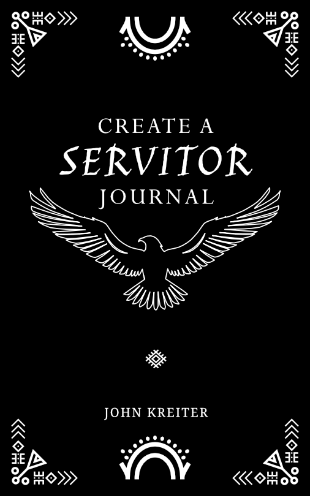

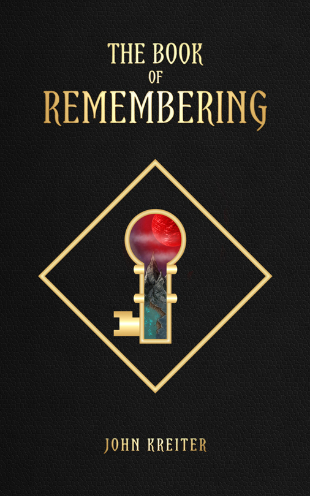


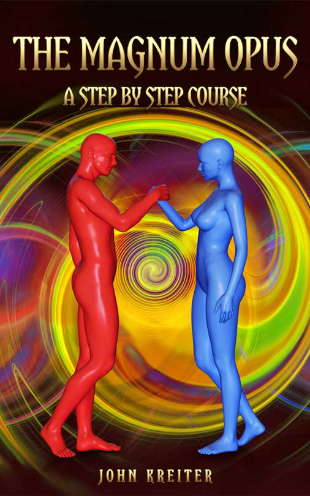


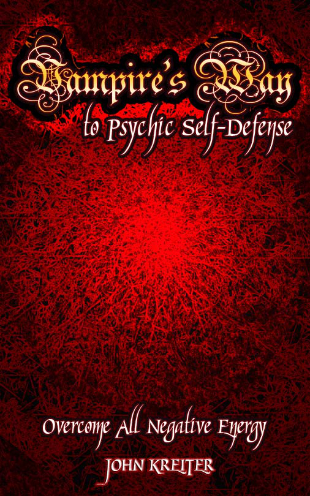
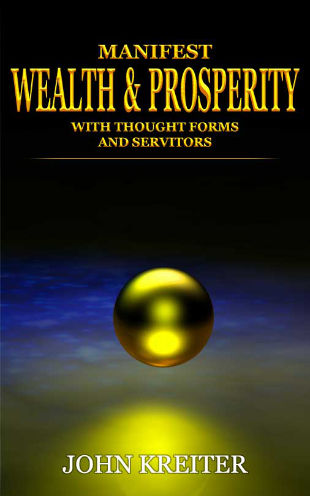

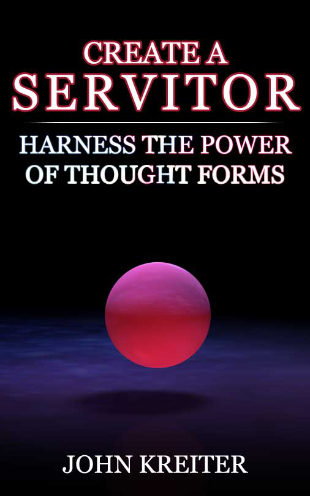


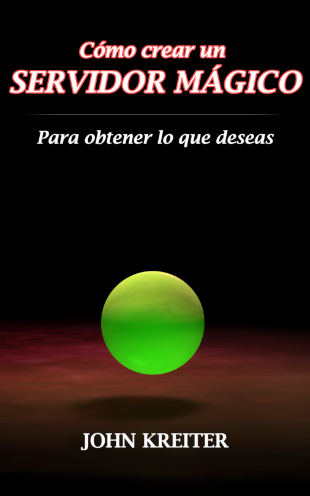
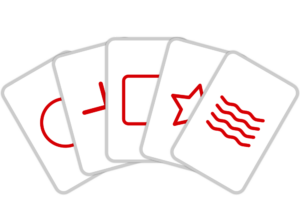

Leave a Reply